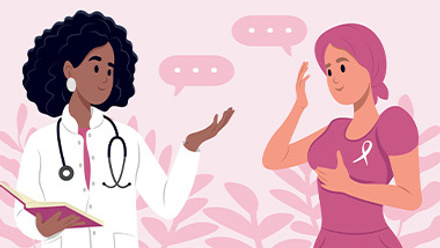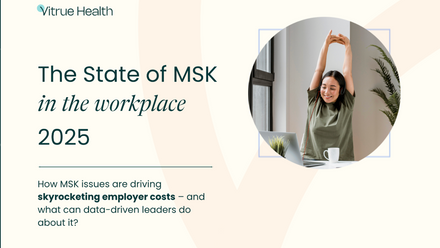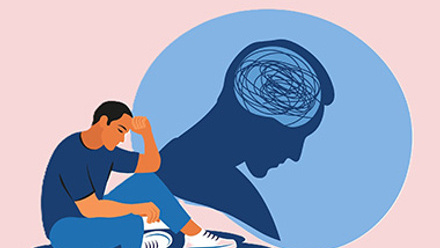How behavioural economics can help employees to make healthier decisions
Have you ever opened a packet of biscuits with the intention of having only one, and ended up having a few…or scoffing the whole lot? Have you, like me, not done enough exercise this month?
Well, it might be a relief to hear that there is science behind why we make such short-sighted decisions – and why so many of them are against our own best interests.
According to behavioural economist Professor Hal Hershfield, human beings have something of a disconnection between our current selves and our future selves. His study of neuroimaging revealed that, when we are asked to think about our future self, our brain activity looks like we’re thinking about another person.
So, instead of worrying about how eating all those biscuits with affect you, your brain is actually thinking: “That won’t happen to me, because I can see it happening to someone else.”
Our own worst enemy
It’s therefore not surprising that we struggle to make decisions today that are going to benefit us further down the line – especially if that decision doesn’t provide any instant gratification or enjoyment.
For example, many of us don’t bother with physical activity, the benefits of which are only really obvious afterwards. Indeed, some of us dread the idea. And we drink alcohol or stay up late because it’s enjoyable at the time, even though tomorrow’s self is being condemned to suffer!
But all is not lost. This can be helped by behavioural economics – which applies some psychological order to behaviour that at the time might seem chaotic.
Despite our many complexities, it turns out we are surprisingly predictable when it comes to behaviour. And sometimes all it takes is a nudge in the right direction to start our healthy journey. According to health policy expert David Asch, “The key contribution of behavioural economists is not identifying that we are irrational. It is recognising that we are irrational in highly predictable ways!”
What’s also fascinating is that seemingly unrelated behavioural patterns can be connected by personality type. Our global data from 20 million members shows, somewhat strangely, that those who visit the dentist regularly are also better drivers and, what’s more, they are more likely to exercise!
Once a big enough universe of data exists to establish such patterns, the results can be used to help motivate people to make better lifestyle choices.
For example, behavioural economics tells us that we are generally overconfident when it comes to our own health and wellbeing. Behavioural scientists call this optimism bias and at Vitality we see this within our own data.
Giving a nudge
What we find is that almost half of people with four or more risk factors rate their health as ‘good’— suggesting a significant gap. It’s therefore important to highlight this, and through our programme we do this in a very emotive way.
Based on a health review, we tell our members their Vitality Age – which is typically somewhere between two and four years above their actual age. This nudge has proved amazingly powerful, with most members who receive it going on to reduce that gap on average by 1.4 years by engaging in healthy activities.
Humans also tend to choose instant gratification over something likely to prove more benefit further down the line – a practice known as hyperbolic discounting. While you’d think more valuable rewards would be more appealing, we’ve actually found that a coffee on us each week has a far bigger impact on behaviour than a larger longer-term prize.
Then there is loss aversion. Our data has lent weight to behaviour economists’ theory that people are more likely to change their behaviour when losing something (as opposed to gaining something) is at stake. Hence, by allowing members to pay nothing (after paying an upfront fee) for an Apple Watch if they stayed active, but making them start paying for it if they stopped, we’ve seen those who signed up to our Apple Watch promotion were 34% more active than the average member.
Massive implications
We believe the implications of these insights when it comes to changing employee behaviour for the better can be revolutionary.
With nearly half (43%) of UK diseases considered preventable and 88% of these being lifestyle related, it’s time to realise that our lives are very much in our own hands.
A decade ago, the World Economic Forum found the global cost of lifestyle-related diseases over the proceeding 20 years was estimated to be a staggering £38 trillion. To put that into perspective, that’s the equivalent of paying for the NHS for the next 223 years!
So, with this in mind, when you are designing health and wellness strategies for employees remember to ensure that your programme has behavioural economics built into it. This should be one decision that’s easy to make.
For more on this topic watch Gary Impett’s Employee Wellbeing Congress session: How behavioural science really does change the lives of employees.
Supplied by REBA Associate Member, Vitality
At Vitality, we take a unique approach to insurance. As well as providing high-quality comprehensive cover, we provide a complete wellness package that can help boost employee engagement and productivity.








